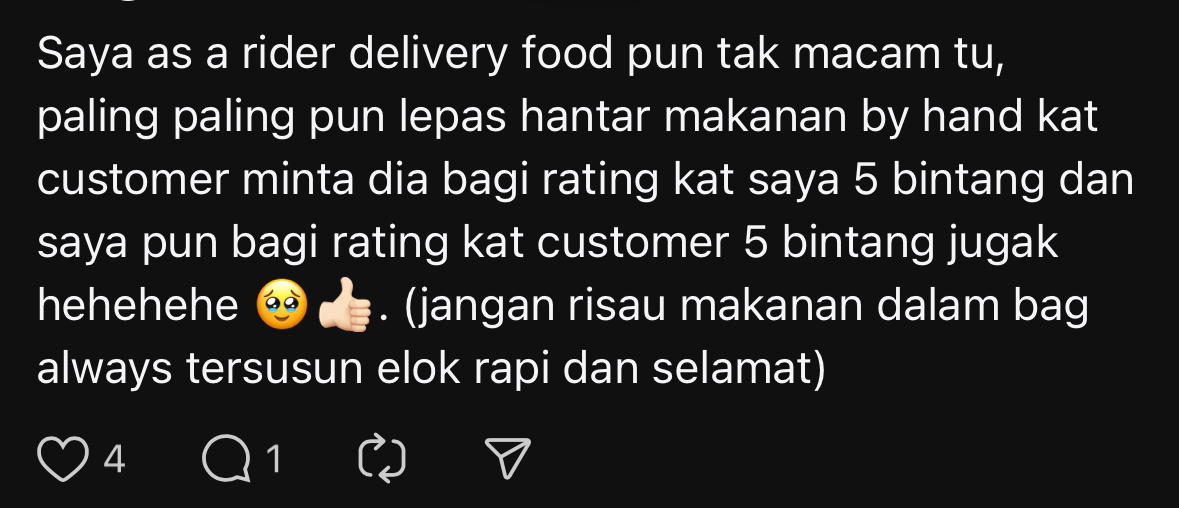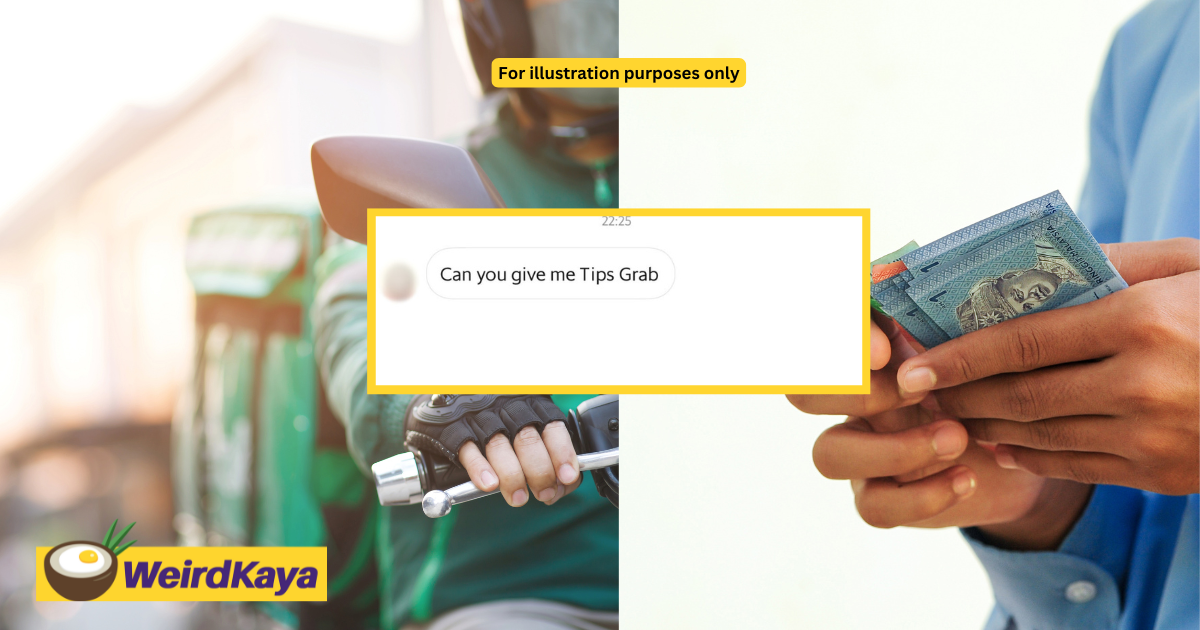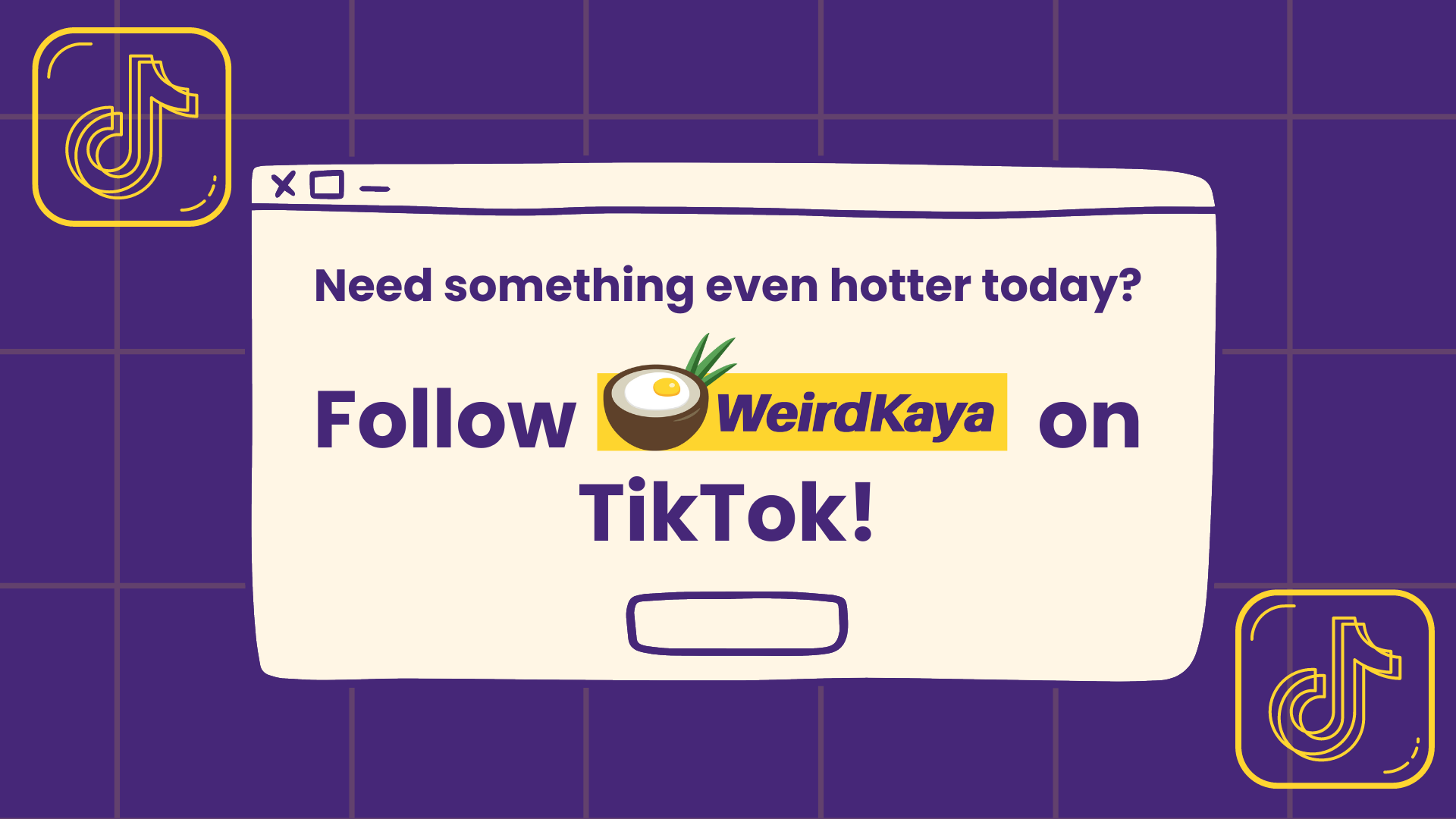We’ve all been there—ordering food delivery after a long day, eagerly waiting for it to arrive.
The rider shows up, hands over the meal, and if the service was good, we might leave a tip as a token of appreciation.
After all, it’s a gesture of kindness, not an obligation. But lately, some Malaysians have been feeling the pressure to tip—even before their food arrives.
This uncomfortable situation has become a growing concern among delivery app users. A recent post on Threads brought the issue to light when a user shared a screenshot of a rider asking for a tip upfront.
The rider didn’t just ask politely—they cancelled the order entirely when the customer didn’t respond.
View on Threads
When tipping feels like a must
Tipping has always been a voluntary act, but for many delivery customers, it’s starting to feel mandatory.
“I’ve had a Grab rider like this before. He asked for a tip, saying it was far and raining, and even gave me his bank account number. Luckily, I was in a good mood at the time.”

The Threads post quickly gained attention, with others chiming in to share their experiences. It turns out this wasn’t a one-off incident.
Some riders, they claimed, use various excuses—like long distances or tough working conditions—to justify their requests. While these challenges are real, many customers feel that tips should come naturally, not through pressure.
“I’ve experienced this many times too. Sometimes I just give it, but when they start asking, I’m like… hmmmm.”

Damaged deliveries out of spite?
As if the constant tip requests weren’t enough, a few users said they received damaged food when they refused to tip.
One shared that their drink arrived with the lid off and the contents spilled. They suspected the rider was retaliating for the declined tip request.
“Yeah sis, it’s happened to me many times. When I didn’t give a tip, my food arrived spilled, and the container was cracked. So frustrating!”

Is Malaysia adopting an American tipping culture?
This situation has sparked a bigger conversation about tipping culture in Malaysia. Some users pointed out that this behaviour feels like it’s heading in the direction of the United States, where tipping is often expected, regardless of the service quality.
“Ugh, I really don’t like this American culture coming here. In the US, they even mess with your food if you don’t tip. Please don’t let that happen here :’)”

Not all riders are to blame
Amid the complaints, several delivery riders stepped up to defend their profession. They explained that the majority of riders do their jobs with integrity and don’t expect tips to complete their deliveries.
“I’m a food delivery rider too, and I’ve never done that,” one rider shared. “The most I do is, after handing the food to the customer, I ask them to give me a five-star rating. I always give my customers a five-star rating too. Don’t worry—my food is always well-packed and safe!”

Another netizen recounted a more positive experience:
“I once had a rider ask for a tip before picking up my order, but he did it nicely. I told him I’d tip after the food arrived safely. And when it did, I gave him the tip. No problem there.”

The real problem: Broken trust
Most customers have no issue tipping when the service is great.
But when they’re asked—or worse, demanded—to tip before the food even arrives, it turns what should be a kind gesture into a stressful obligation.
At the end of the day, both riders and customers want the same thing: a smooth, respectful experience.
Maybe it starts with going back to basics—letting tips stay what they’ve always been: a thank you, not a transaction.



